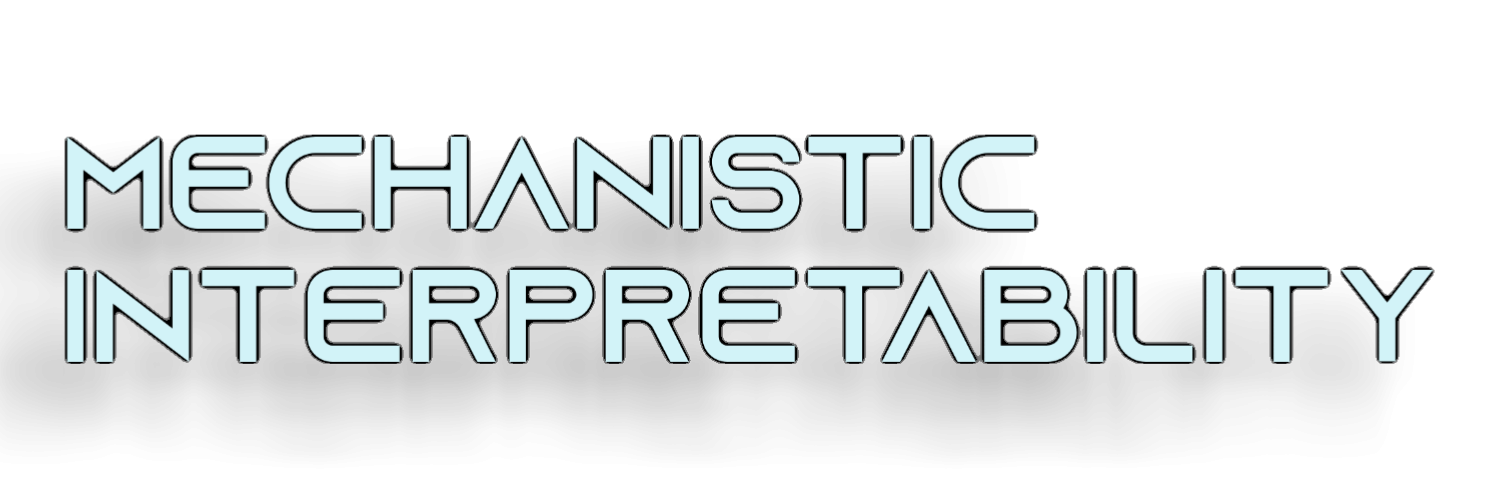Microsoft’s Edge on AI Advancements: Balancing Innovation and User Preference
22 Dec, 2024 AI AI,Mechanistic,MechanisticInterpretability,Interpretability,ArtificialIntelligence,MachineLearningUnraveling the Constant Progress in Artificial Intelligence: Dissecting the Microsoft Edge AI Case
It is no surprise that technology has quickly evolved, impacting every sector of our society. The leaps and bounds of the digital revolution have established technology as a cornerstone that profoundly influences the way we interact, communicate, and even conduct our daily activities. At the heart of this vast technological landscape, Artificial Intelligence (AI) has emerged as a trailblazing catalyst, continuously shaping and reshaping the way we perceive and utilize technology. This article will unravel the subject of AI advancements, focusing on the recent developments in Microsoft Edge’s AI assistant, Copilot, and how this instance elucidates the rapid progress and implications of AI advancements.
Understanding the AI Assistant: Microsoft Edge’s Copilot
Microsoft has entwined the threads of technology and innovation to create an ecosystem wherein Microsoft Edge, its flagship browser, incorporates the state-of-art AI assistant, Copilot. This intelligent assistant is designed to efficiently interweave and sync with Microsoft’s broader ecosystem, thereby augmenting the functional capacity of Windows-driven devices, and streamlining user experience.
The Strategy behind Copilot’s Promotion
However, the strategic propulsion of Microsoft Edge, particularly with its latest AI assistant Copilot, has not escaped controversy. Akin to the competitive business world, Microsoft uses assertive tactics to encourage users to embrace Edge as their default browser, exploiting inbuilt settings and persistent prompts. The most recent update has seen an escalated push, whereby Edge can launch automatically when the computer boots, and even presents an auto-checked option to import user data from the dominant competition, Google’s Chrome.
Reactions to Microsoft’s Aggressive Promotion
The forceful promotion of Microsoft Edge and its AI assistant, Copilot, has led to an array of reactions. Some users appreciate the advanced AI features. However, a significant segment of the user base has expressed annoyance and even skepticism regarding Microsoft’s aggressive tactics. Concerns primarily rest on user control and choice, especially given that the auto-import of data occurs by default and could be overlooked, resulting in unintentional data shifts.
Looking Back at Microsoft’s History
Microsoft is no stranger to robust promotion strategies to push Edge. The tech giant has a track record of introducing similar strategies to shift user preference to Edge; for instance, in 2022, an automatic feature was rolled out that prompted an automatic pull of data from Chrome to Edge. This tactic has reiterated itself over the years, sparking debates about the balance between aggressive marketing and user choice.
Impact of AI Advancements on Browser Preferences
AI advancements are undeniably shaping the digital world. However, as the Microsoft Edge case portrays, integrating cutting-edge AI upgrades like Copilot has implications that extend beyond the realm of improved functionality. It inevitably affects user preferences, and in the face of assertive marketing, it might even work backwards and drive users toward other browsers. The power rests in the consumers, who respond to both the technological competence of the browsers and the promotional strategies around them.
Imagining a Future of AI Innovation
The progress in AI is a vista of endless possibilities, which is inevitably influencing browser performance and preference. The application of AI in ordinary software demonstrates significant capacity to revolutionize user experience and functionality. However, we tread a fine line to ensure the advancements are subtly integrated, and user choice is respected, just as much as the technology is revered.
The Take on Microsoft Edge
Regarding Microsoft Edge, the future is a paradox. While it epitomizes the potential of AI in redefining ordinary software, it also channels the need for sensitivity in promoting AI advances. Perhaps there is a lesson to be assimilated on letting the remarkable features of AI speak for themselves, without the added push of aggressive prompting.

